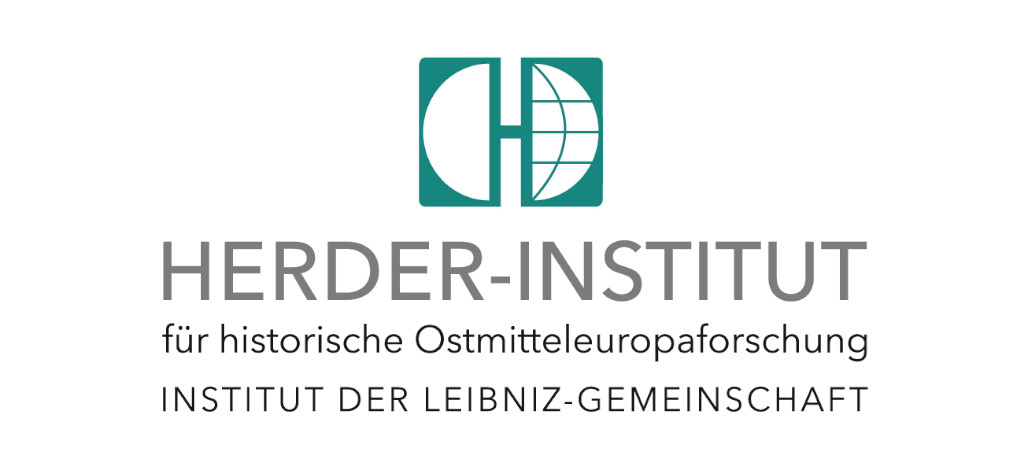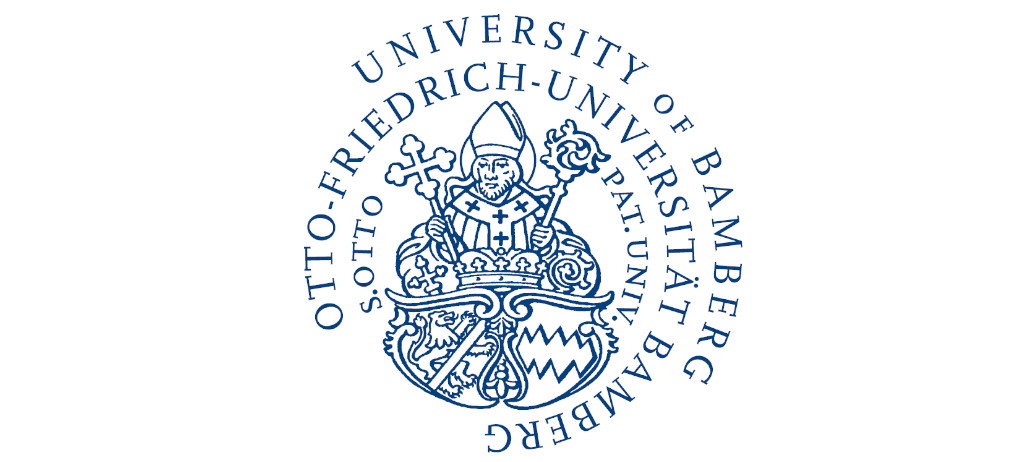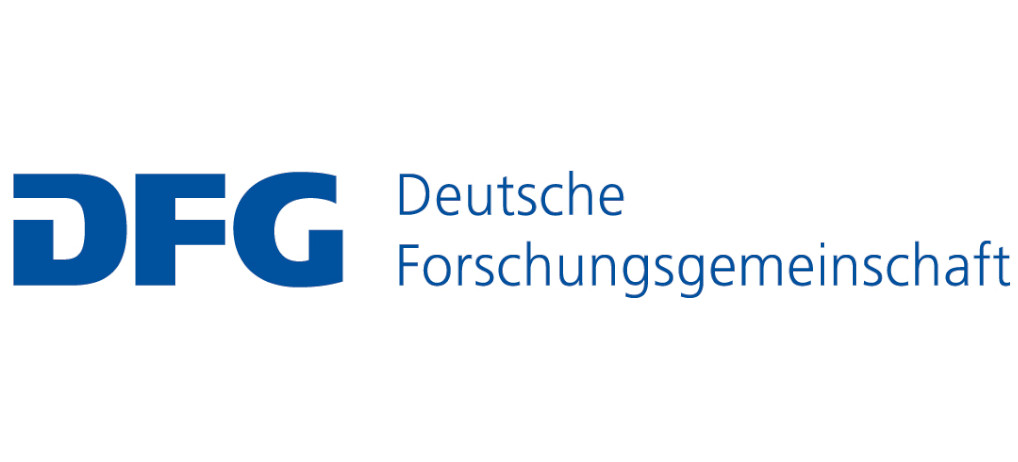Main Content
Subproject B05
Securitization and Desecuritization in International Trusteeship Administrations
3. Funding period (2022-2025)
This subproject explores the role of security in negotiating fiduciary governance in the United Nations since World War II. With the trusteeship system, the United Nations created an instrument to internationally monitor and control the administration of territories of the League of Nations mandate system (in particular also the former German colonies) by de facto colonial powers such as France, the United Kingdom or Australia.
The historical genesis of this system includes the negotiation of trusteeship in the 1940s, first beginnings of territorial UN direct administrations, and finally UN administrations in the 1990s. The aim of the subproject's research is to trace continuities and change in the concept and practice of international external rule in three research projects.
The first research project examines securifications and de-securitizations of the situation in administered territories in selected conflictual negotiation processes of trusteeship in UN bodies since the 1940s (e.g., Trusteeship Council, UN Security Council, UN General Assembly).
The second research project focuses explicitly on the Soviet Union, whose central but also shifting role in the conflicts over the scope, duration, and authority of trusteeship has so far been little explored.
The third research project is devoted to the constitutive importance that security-related knowledge plays in fiduciary governance. It explores how this knowledge about territories and their populations is generated and translated into the language of international administrative practice. In doing so, the project makes an additional contribution to research on the emergence and transformation of UN reporting.
Inhalt ausklappen Inhalt einklappen Members
Subproject Head
Prof. Dr. Thorsten Bonacker
Research Assistants
Dr. Aidan Gnoth
Dr. Philipp Lottholz
Student Assistants
Grigori Lifchits
Mathilde Werring



